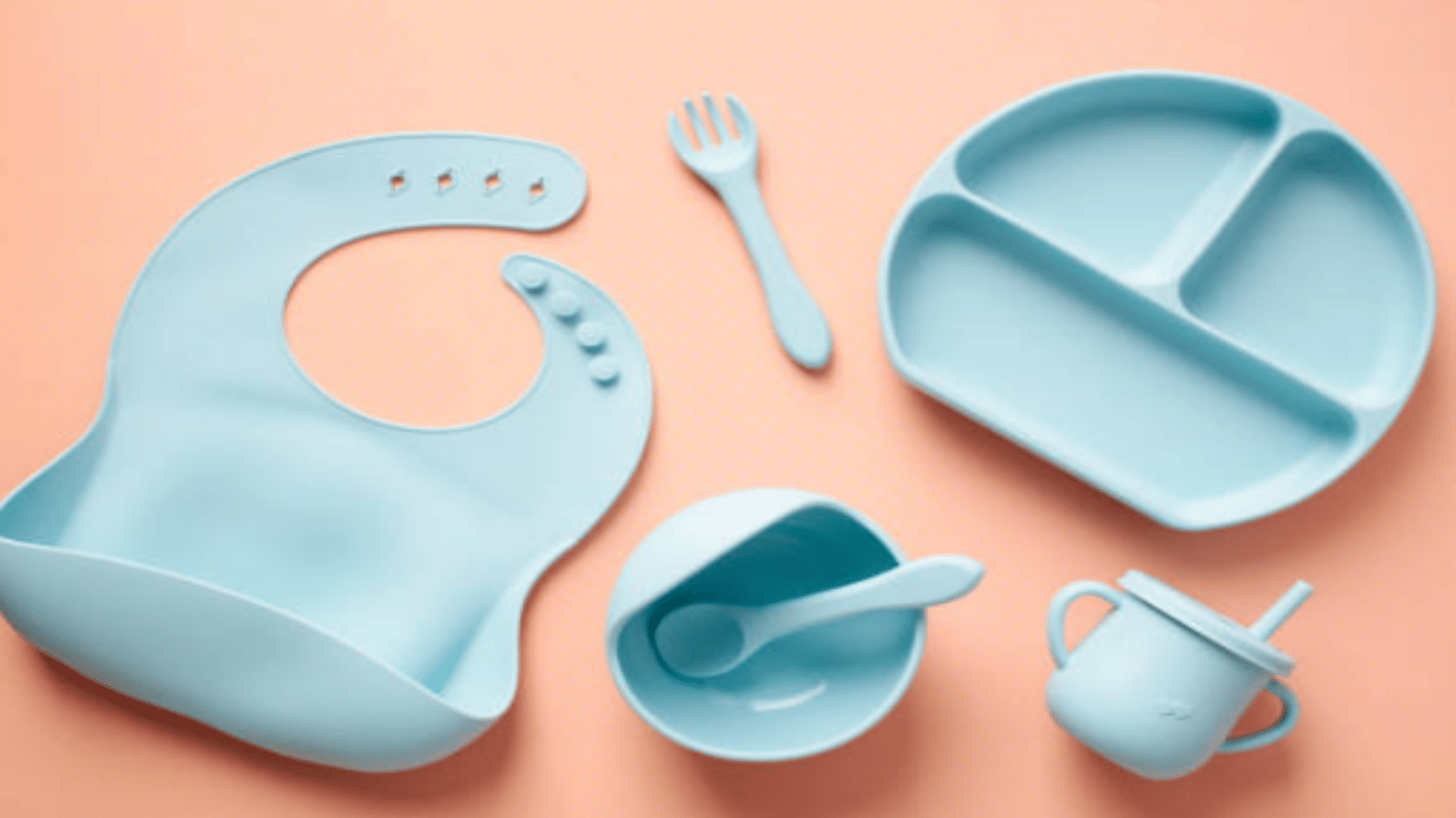Are silicone baby plates safe?
In recent years, silicone baby plates have become increasingly popular among parents. These plates are designed to be durable, easy to clean, and most importantly, safe for babies to use. However, as with any baby product, it's important for parents to do their research and ensure that the products they choose are indeed safe for their little ones. In this article, we will explore the safety of silicone baby plates from various perspectives, addressing common concerns and providing valuable insights.
1. What is Silicone?
Silicone is a synthetic material made from a combination of silicon, oxygen, carbon, and hydrogen. It is known for its flexibility, heat resistance, and durability. Silicone is commonly used in various household products, medical devices, and baby items due to its non-toxic nature and safety.
2. Is Silicone Safe for Babies?
Silicone has been deemed safe for use in baby products by regulatory bodies such as the U.S. Food and Drug Administration (FDA) and the European Food Safety Authority (EFSA). It is non-toxic, hypoallergenic, and free from harmful chemicals such as BPA, phthalates, and lead. Silicone does not leach any harmful substances into food or liquids, making it a safe choice for baby plates.
3. Benefits of Silicone Baby Plates
Silicone baby plates offer several advantages over other materials such as plastic or glass. Firstly, they are virtually unbreakable, reducing the risk of accidents and injuries. Silicone plates are also lightweight, making them easy for babies to handle and carry. Additionally, silicone is non-porous, which means it does not harbor bacteria or mold. This makes cleaning and maintaining silicone baby plates a breeze.
4. Heat Resistance
One of the key features of silicone is its excellent heat resistance. Silicone baby plates can withstand high temperatures without warping or releasing any harmful substances. This property makes them ideal for serving hot foods or for use in the microwave or oven. However, it's important to note that while silicone itself is heat-resistant, the suction base or any attached plastic parts may have temperature limitations, so it's always advisable to check the manufacturer's guidelines.
5. Soft and Gentle on Baby's Skin
Another advantage of silicone baby plates is their soft and smooth texture. Unlike some materials that can be rough and irritating to a baby's sensitive skin, silicone feels gentle and comfortable. This makes mealtime a more enjoyable experience for your little one.
6. Safety Precautions to Consider
While silicone baby plates are generally considered safe, it's important to take certain precautions to ensure your child's well-being. Always inspect the plate for any signs of damage or wear before each use. If you notice any cracks, tears, or loose parts, it's best to replace the plate to avoid potential choking hazards. Additionally, never leave your baby unattended during mealtime, as accidents can still occur even with the safest of products.
7. Cleaning and Maintenance
Keeping your silicone baby plates clean is essential for maintaining their safety and longevity. Most silicone plates are dishwasher safe, making cleaning a breeze. However, always check the manufacturer's instructions to ensure proper care. Hand washing with mild soap and warm water is also an effective method. Avoid using abrasive cleaners or scrub brushes that may damage the silicone surface.
8. Alternatives to Silicone Baby Plates
If you have concerns about using silicone baby plates or simply prefer alternatives, there are other options available. Stainless steel plates are durable and free from harmful chemicals. Bamboo plates are eco-friendly and lightweight. Both of these materials are worth considering if you're looking for alternative choices.
9. Consumer Reviews and Recommendations
When deciding on the safety of silicone baby plates, it's helpful to consider the experiences and opinions of other parents. Reading consumer reviews can provide valuable insights into the quality, durability, and safety of specific brands or products. Additionally, seek recommendations from trusted sources such as pediatricians or parenting communities for further assurance.
10. Conclusion
In conclusion, silicone baby plates are generally considered safe for your little one. Their non-toxic nature, durability, and ease of cleaning make them a popular choice among parents. However, it's important to follow safety precautions, inspect the plates regularly, and choose reputable brands. By taking these measures, you can ensure a safe and enjoyable mealtime experience for your baby.

